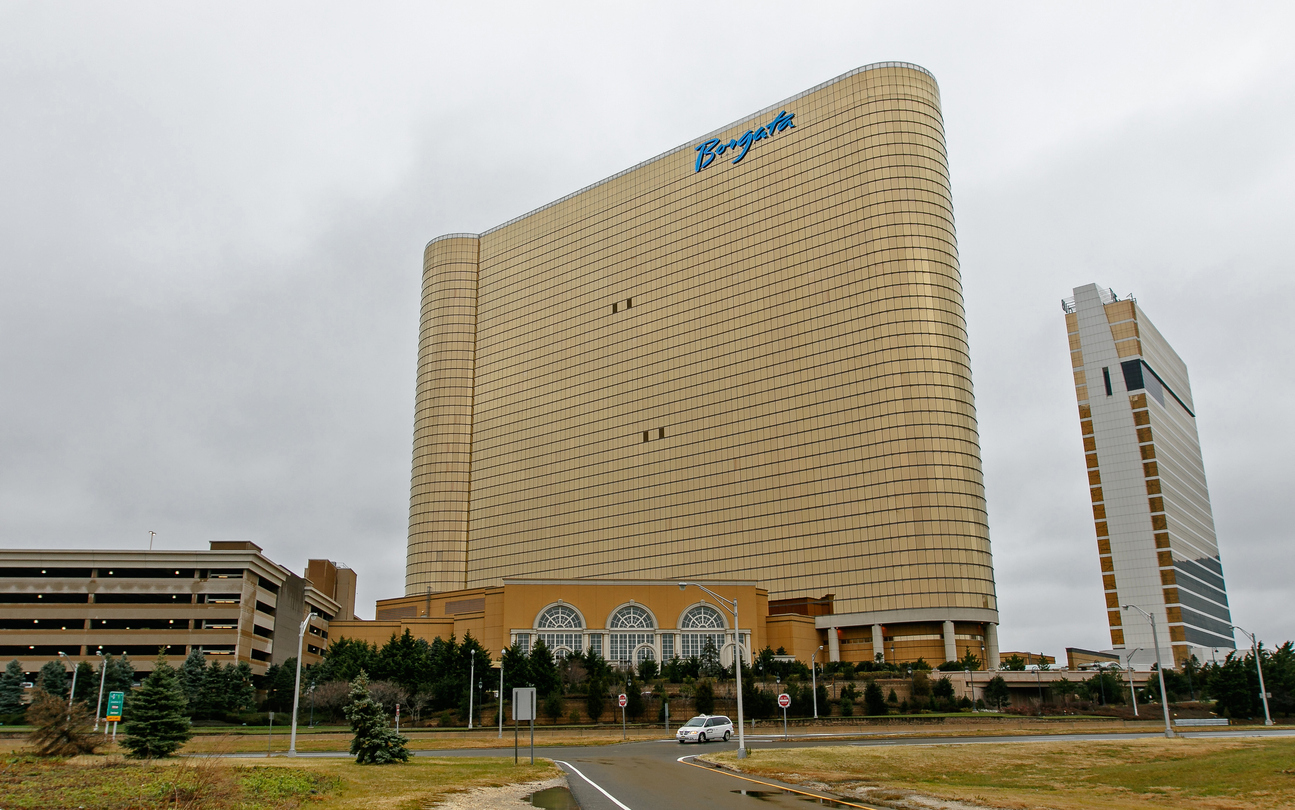The New Jersey Legislature … has not yet seen fit to require casinos to prevent or stop inducing gambling from those that exhibit problem gambling behavior
A lawsuit filed by Sam Antar against MGM Resorts International, the owner of Borgata Hotel Casino & Spa, has been dismissed by US District Court Judge Madeline Cox Arleo, according to the Associated Press.
MGM Resorts part-owns BetMGM, which operates an NJ online casino and BetMGM online poker alongside sportsbooks.
The lawsuit alleged that the casino operator lured the plaintiff into continuing to gamble despite being aware of his gambling addiction, leading to further losses.
Antar alleged that he placed more than 100,000 bets worth close to $30 million in value in 2019, but did not disclose the exact amount he lost during the period.
The judge dismissed the lawsuit stating that Atlantic City casinos are not required to stop compulsive gambling from engaging in games of chance and are thus not on the line for Antar’s losses.
Casinos Not Obligated to Dissuade Problem Gamblers
According to Judge Cox Arleo, New Jersey casinos in are under no obligation to dissuade compulsive gamblers from engaging in games of chance.
The judge’s decision on the case stated that the law: “Pervasively regulates the responsibilities of casinos as they relate to compulsive gamblers, but is notably silent on whether casinos or online gambling platforms may induce people who present with compulsive gambling behavior to patronize their businesses.”
“The New Jersey Legislature … has not yet seen fit to require casinos to prevent or stop inducing gambling from those that exhibit problem gambling behavior. As a matter of law, defendants (casinos, gambling operators) do not owe a negligence common law duty of care to plaintiffs.”
In addition to interpreting the law, the judge also quoted two previous New Jersey cases in which problem gamblers complained against the casinos and claimed they were enticed to gamble, both of which were not successful.
The decision may be interpreted by some as the courts allowing casino operators to pray on problem gamblers, but the real problem lays in the law that does not specifically define the role of casino operators in preventing problematic gambling behaviors.
Was Antar Truly a Victim?
While Antar’s lawsuit against the New Jersey casino operators raised some interesting questions, it is worth noting that the plaintiff himself came into the case with a problematic history.
A nephew of the infamous “Crazy Eddie” Antar, who stole close to $150 million from investors throughout 1970s and 80s, Sam Antar was himself arrested for fraud and embezzlement in the past.
In 2013, Sam went to prison for stealing $225,000 from an investor and using the funds to gamble and buy stock options, constituting fraud.
More recently, Sam once again committed fraud and was arrested for embezzlement, serving a prison sentence that expired in March 2023.
It did not take long for Sam to go back to court, looking to be compensated by the companies he believes caused his crimes and let him to embezzle the money to fuel his compulsive gambling habit.
Whether true or not, the allegations held no power in court, as the judge decided there was no basis to take the case further and outright dismissed it.
Antar, in the meantime, told Associated Press that he is engaged in an intensive supervision program and has been counseling a number of young people on the dangers of compulsive gambling.
Antar’s lawyer Matthew Litt, on the other hand, said that an appeal is coming and that he will be looking into how the state’s consumer fraud protection laws may apply to the case.
“This is exactly why I went to law school. I want to protect people who need some help protecting themselves:” said Litt, founder of the Bettor Lawyers company focused on gambling advertising and consumer protection.






